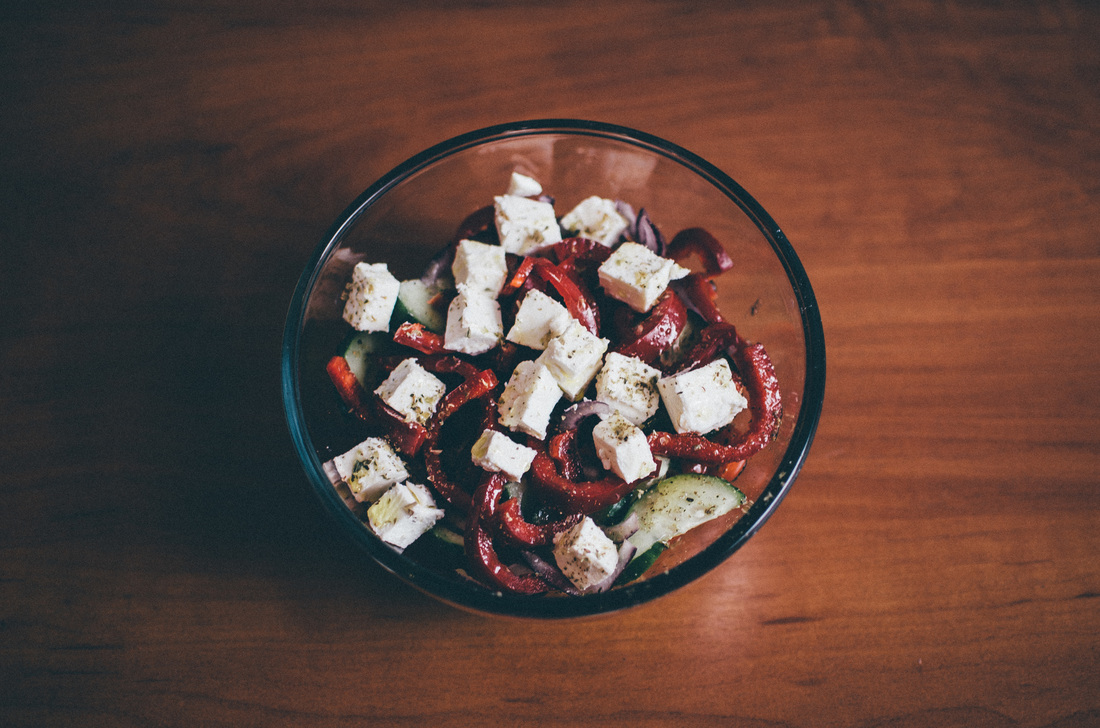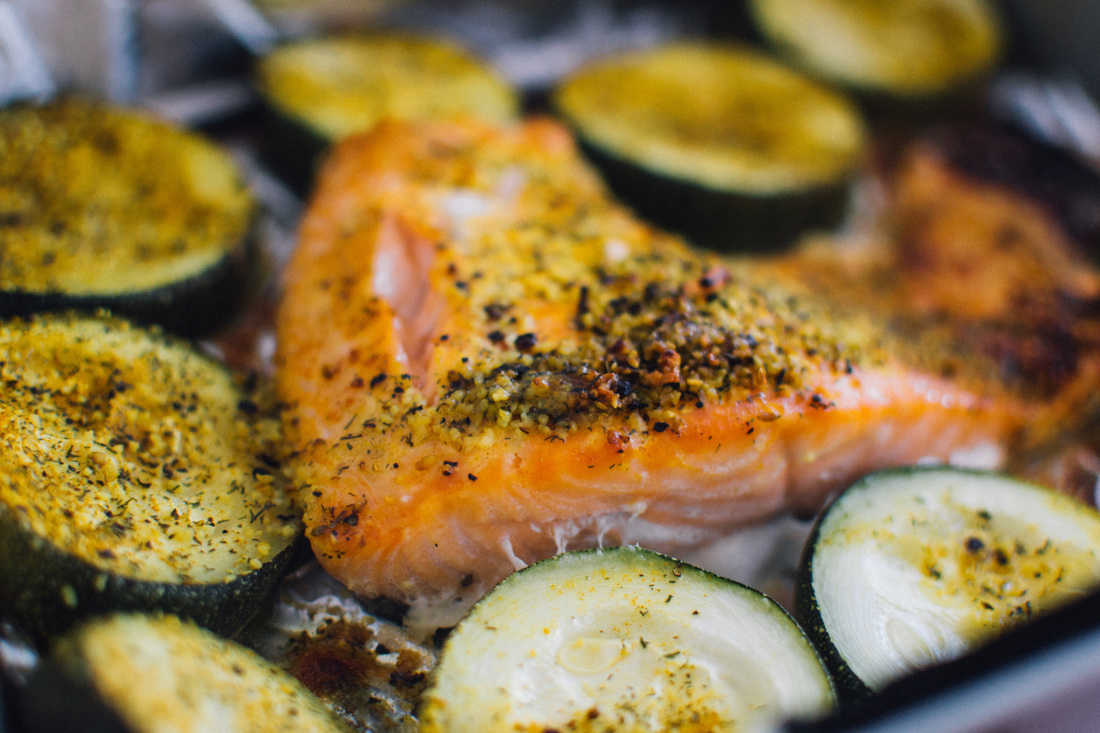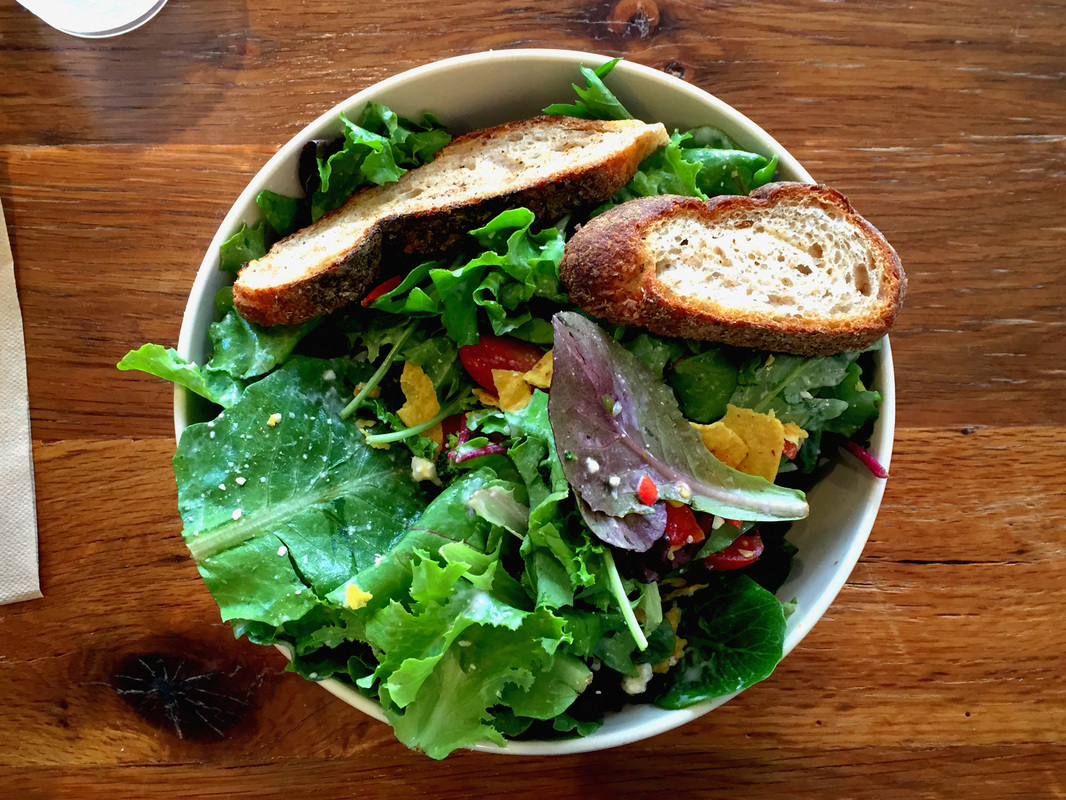|
In my last blog I mentioned that carb intake should be 2 exchanges in every major meal a day. The most common answer to this recommendation is “this is too less...I am going to starve” or “I will feel hungry again within an hour”. That’s where proteins come to the rescue... The right amount of protein intake in every meal reduces hunger and improves satiety but limits muscle mass loss. Patients with diabetes lose around 1 pound of their muscle mass every year as they age, and eating a diet lower in protein is one of the biggest contributing factors. The body uses more energy to digest protein than it does to digest fat or carbs thus preventing a steady and fast rise in blood glucose level and helps achieve weight loss long-term. Proteins to the rescue …… again Rice based meals in moderate proportions is fine if accompanied by a healthy proportion of legumes or lean cuts (without skin) of chicken or fish, if such a meal is planned with other fibre rich nutrients like green leafy and non-starchy vegetables. Proteins are made of different amino acids. Some of these are called "essential" because they are necessary and cannot be made by the body. We need to obtain them from our diet. Complete proteins contain ample amounts of all the essential amino acids and are found in fish, poultry, cheese, eggs, and milk. Incomplete proteins do not contain all of the essential amino acid like protein in grains, legumes, and vegetables. Although, it might seem like meat eaters are better off than vegetarians, it’s not necessarily true. Even though it is important to consume the essential amino acids, it is not necessary to get them only from animal sources. Good news for vegetarians...There is a dietary strategy called mutual supplementation in which you combine complementary partially complete protein food to supply adequate amounts of all the essential amino acids. For example - beans and brown rice are both quite rich in protein, each lacks one or more of the essential amino acids. However, when beans are combined with brown rice the result is equivalent to a complete protein that can substitute chicken or meat. Unlike most beans, soybean products (such as tofu and soymilk) are complete proteins. They contain the essential amino acids. Tofu, soy flour, soy-based meat substitutes, soy cheese, and many other soy products are healthy ways to make a meatless diet ‘nutrient complete’. Some more combinations that can be tried are: Thick lentil soup with a serving of almonds on the side; kidney beans/pinto beans in a corn tortilla; whole-grain pasta tossed with peas; bean soup with whole grain crackers; corn tortillas with beans and rice, soy curry and rice; milk and oats. How much protein do I need in a day? It is preferable to calculate daily protein intake for people with diabetes as grams per kilogram of body weight and not as a fixed percentage of total energy intake. People with diabetes should not reduce protein intake to less than 1 g/kg of body weight, while protein intake of 0.8–1 g/kg (of body weight) should be recommended for people with diabetes and chronic kidney disease. Try the following options to meet your recommended protein intake:
What was your protein intake yesterday? As I mentioned, you need 1 gram/ kg body weight of protein (if you weigh 65 kilograms you need 65 grams of protein / day). If 1 cup milk/ 2 egg whites/ 1 fist size piece of lean chicken or fish/ 1 med bowl of legumes and pulses/ 1 med bowl of thick yoghurt each will give us approximately 7 grams of protein, can you calculate the amount of protein that you consumed yesterday? Leave the amount of your yesterdays’ protein intake as a comment for me... Upcoming Blog - “Fats: The good, the bad and the ugly”  Pariksha Rao is based in Bengaluru, India. She is a clinical nutritionist, IDF certified diabetes educator, sports nutritionist and a lactation expert, with more than a decade of experience across pharmaceuticals, hospitals and research sectors. Having trained over a 1000 paramedics on personalised patient/ consumer care and counselling, Pariksha believes counselling is a holistic approach to achieve long term behaviour modification by setting mutual, achievable, measurable and realistic short term goals.
10 Comments
BimalVarma
1/26/2016 12:26:03
Beautifully explained Pari. God Bless to greater Heights Im 70 & controlled Diabetis wdmedicines Galvas met twice a day . Just give me Diet plan fr d whole day. Luv u & God Bless u frm Meerut
Reply
Pariksha
1/26/2016 13:30:13
Sure Will do.
Reply
pariksha
1/26/2016 13:31:30
Thank you for your comments!
Reply
Rhea varma
1/26/2016 17:40:12
Hey Pari masi,
Reply
Pariksha Rao
1/27/2016 10:02:22
Hi Rhea, Thanks for your comment.
Reply
Prasadcvr
1/27/2016 12:00:59
Nice article pariksha.. Informative, and useful. things to be done by Vegetarians to complement protein rich food is nice.
Reply
Pariksha
1/27/2016 15:53:09
Thank you for your motivating comments.
Reply
People are so focused on protein. Nobody will get protein deficient on a plant based diet. What is more, we shouldn't even count our protein intake just eat the whole plants and enjoy our food. There are plenty of delicious dishes and it is even impossible to become protein deficient consuming enough energy.
Reply
Pariksha
3/29/2016 09:18:08
Thank you for raising this point Eva.
Reply
Leave a Reply. |
AuthorsDebashis Archives
December 2016
|




 RSS Feed
RSS Feed
